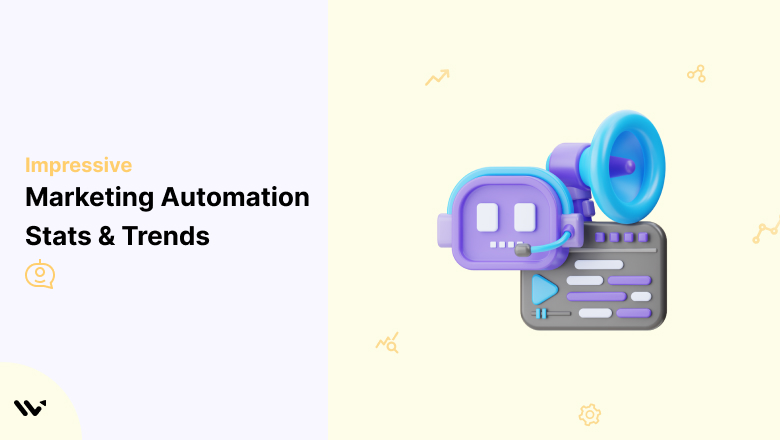Feeling overwhelmed by the endless tasks of marketing, struggling to stay afloat?
It’s time to explore the powerful benefits of marketing automation.
For marketers, the challenges are all too familiar: high demands, scarce resources, and fierce competition.
Here’s the good news: Marketing automation transcends buzzword status; it’s a proven strategy that can significantly save time and streamline processes.
In this blog post, we will explore the latest statistics on marketing automation, highlighting its profound effects on growth, ROI, and overall efficiency.
Top Marketing Automation Statistics
62% of marketers think that marketing automation is important.
A company’s sales productivity can be increased by 12% by marketing automation tools.
Companies can save up to six hours each week by using automation tools in social media advertising.
66% of marketers say that there are no marketing automation tools that meet their need.
According to Oracle Marketing Cloud, 1/3rd of the marketers feel that marketing automation will play an important role in digital marketing.
Also Read: 13 Key Benefits of Marketing Automation for Your Business
Marketing Automation Adoption Statistics
Here are some stats that focus on companies adopting marketing automation
1. 26% of companies that don’t use marketing automation software plan to implement marketing automation in the coming years.
2. 25 % of marketers use automation extensively in marketing and growing their businesses.
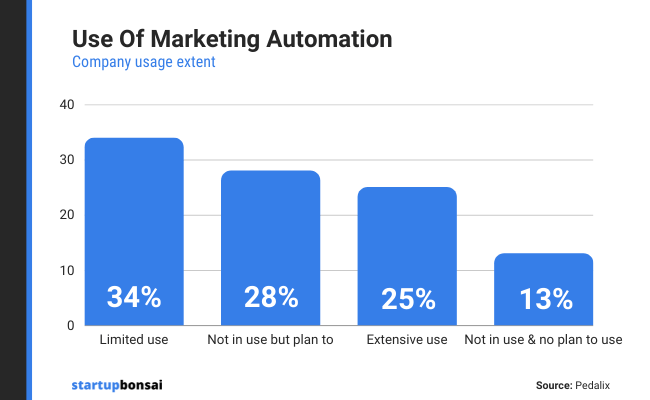
3. Around 70% of marketers will choose cloud-based marketing automation software.
4. According to Email Vendor Selection, implementing marketing automation is very important to 62% of marketers.
5. 64% of marketers already use AI and automation in their marketing campaigns.
6. Email Vendor selection also states that 66% of marketers do not find any marketing automation tool that fits their needs.
This may be disadvantageous to the company as it loses its competitiveness in the market and may produce weak leads.
Also See : 15 Inspiring Marketing Automation Examples
Marketing Automation Market Size and Growth Statistics
Here are some interesting statistics about the marketing automation industry:
7. The marketing automation market value is all set to rise over $8 billion in 2025.
8. The global marketing automation software market is projected to reach around $17.03 billion in 2030.
9. The global marketing automation market is predicted to reach around $6.6 billion by 2025.
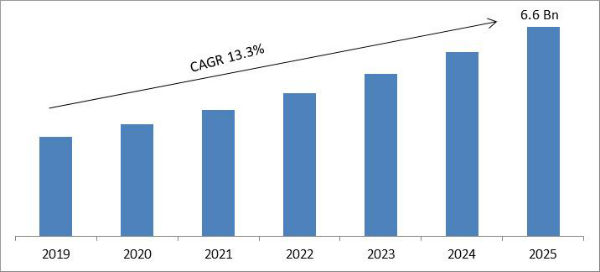
10. 70% of marketers plan on increasing the marketing automation budget in the coming years.
11. The marketing automation market will grow at a CAGR of 12.8% between 2022 and 2030.
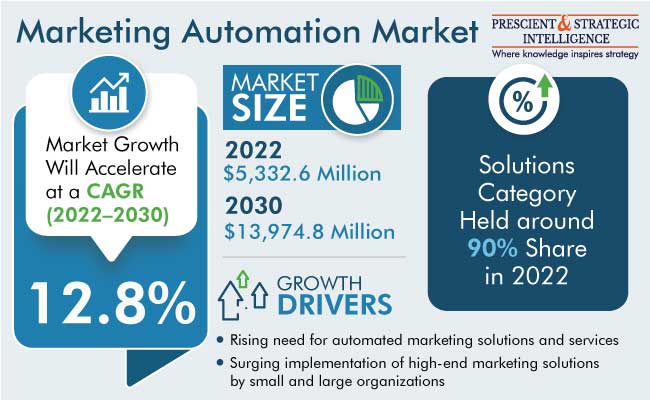
Marketing Automation ROI Statistics
Here are some marketing automation statistics about ROI and marketing automation performance measurement:
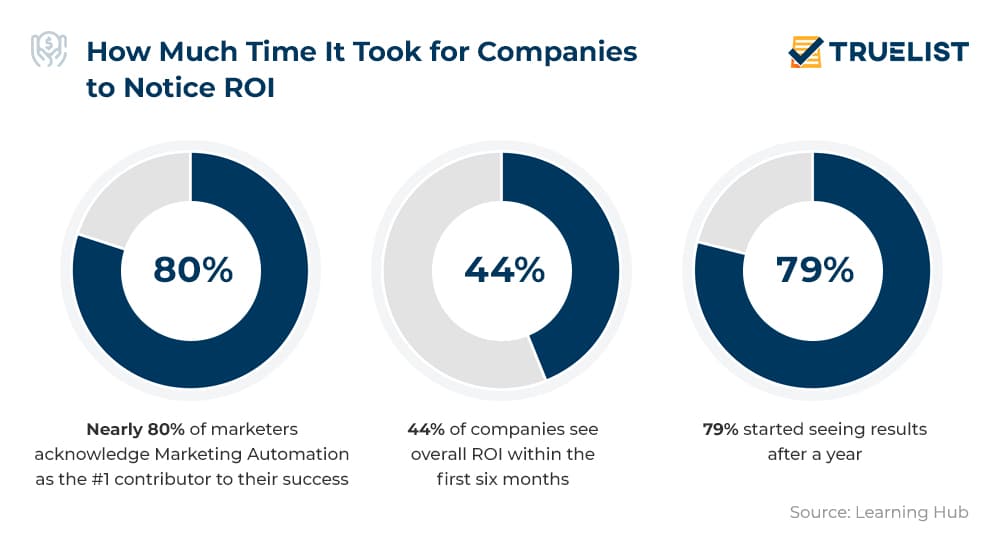
12. Around 44% of companies see marketing ROI generated by automation within the first six months.
13. 45% of marketers rely on a marketing automation platform to produce ROI.
14. Marketing automation gives an ROI of $5.44 on every $1 spent over the first 3 years.
15. Using marketing automation can reduce a 12.2% marketing overhead.
16. B2B marketers that use marketing automation techniques increase sales opportunities by 20% on average.
Specific Marketing Automation Use Cases
Marketing automation helps immensely in promoting a product on certain channels. Some marketing automation stats are:
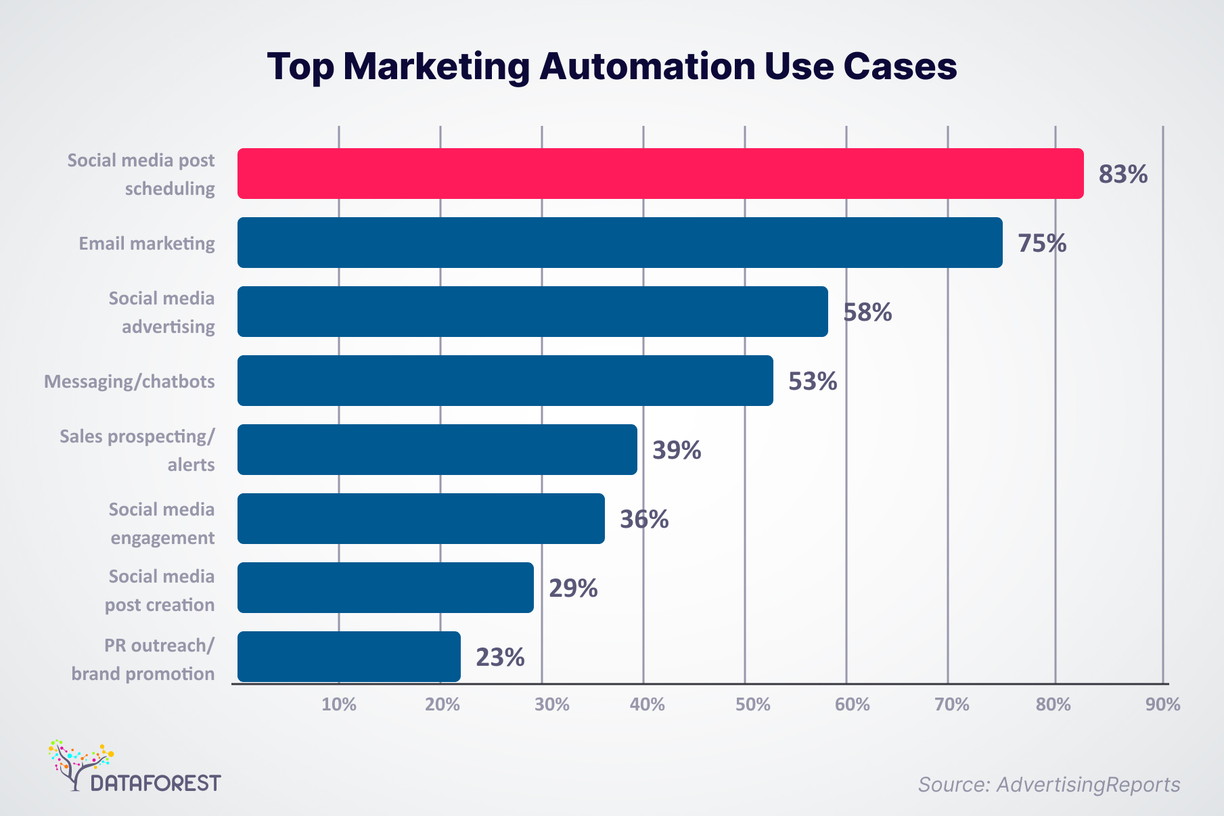
17. Social media post scheduling takes the top spot for marketing automation usage at 88% in 2023.
18. 49% of marketers feel that marketing automation tools make personalization possible.
19. 23% of brands use marketing automation for PR outreach.
20. 65% of marketers report a successful marketing automation strategy.
21. 50% of marketers who use marketing automation use it on a daily basis.
Also Read : 10 Impactful eCommerce Marketing Automation Strategies
Email Marketing Automation Statistics
Here are some interesting automation statistics related to email marketing:
22. 48% of marketers wish to increase marketing automation in the next 12 months.
23. 31% of email marketing is done solely through automation software.
24. Email marketing is the most automated marketing channel.
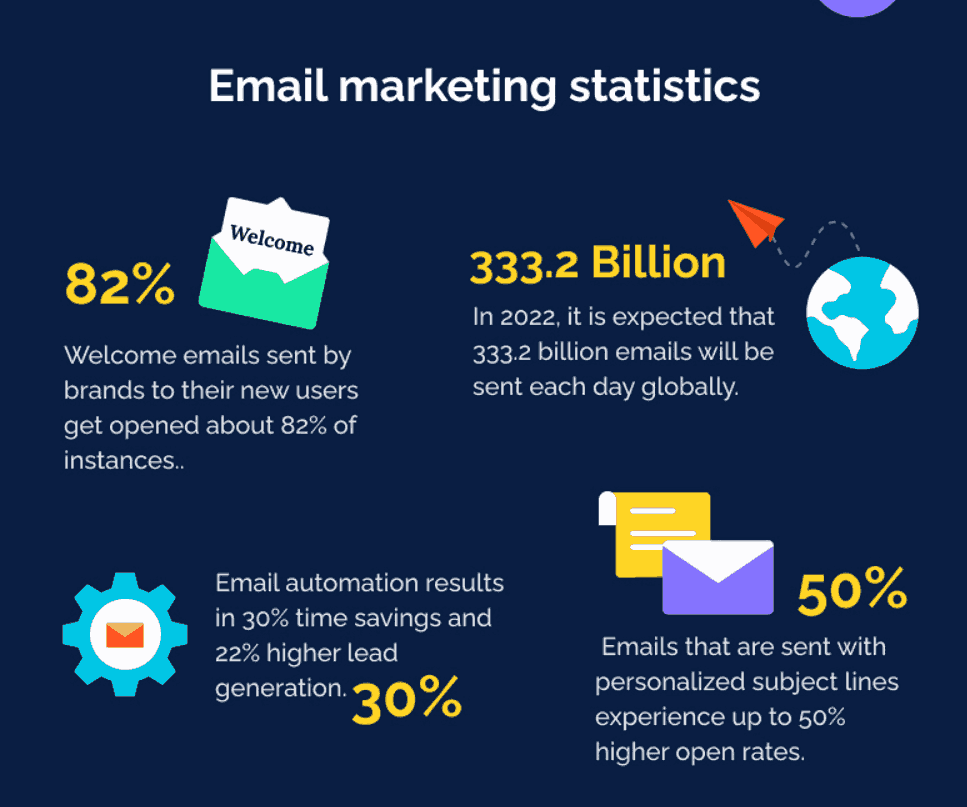
25. Email automation generates 20% higher leads than non-automated emails.
Automation on Social Media Statistics
Social media is the ideal place to use marketing automation due to the presence of personalization algorithms. Some marketing automation stats are:
26. 47% of marketers use marketing automation for social media management.
27. Companies can save up to six hours each week by using automation tools in social media advertising.
This can save a huge amount of time and energy utilized in the task and can be focused elsewhere, ultimately leading to better productivity.
28. Around 60% of marketers use Google Analytics to track social media metrics, while Sprout Social is used by about 30%.
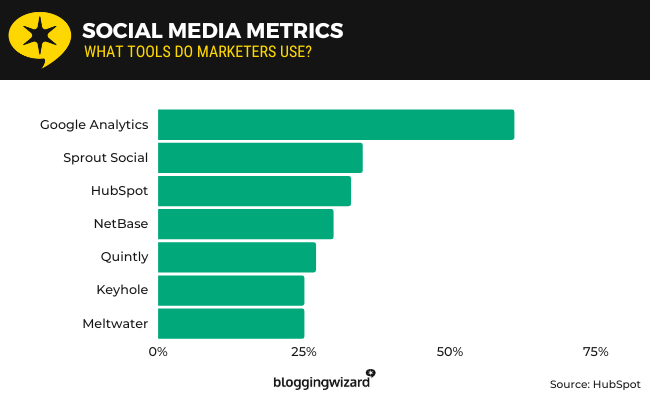
29. 70% of marketers want to learn about messenger bots and use them for marketing.
Automation in Advertising Statistics
Marketing automation helps in advertising
30. 80% of businesses report an increase in lead generation when they use marketing automation.
31. Paid Ads use around 32% of automation to provide a personalized consumer experience.
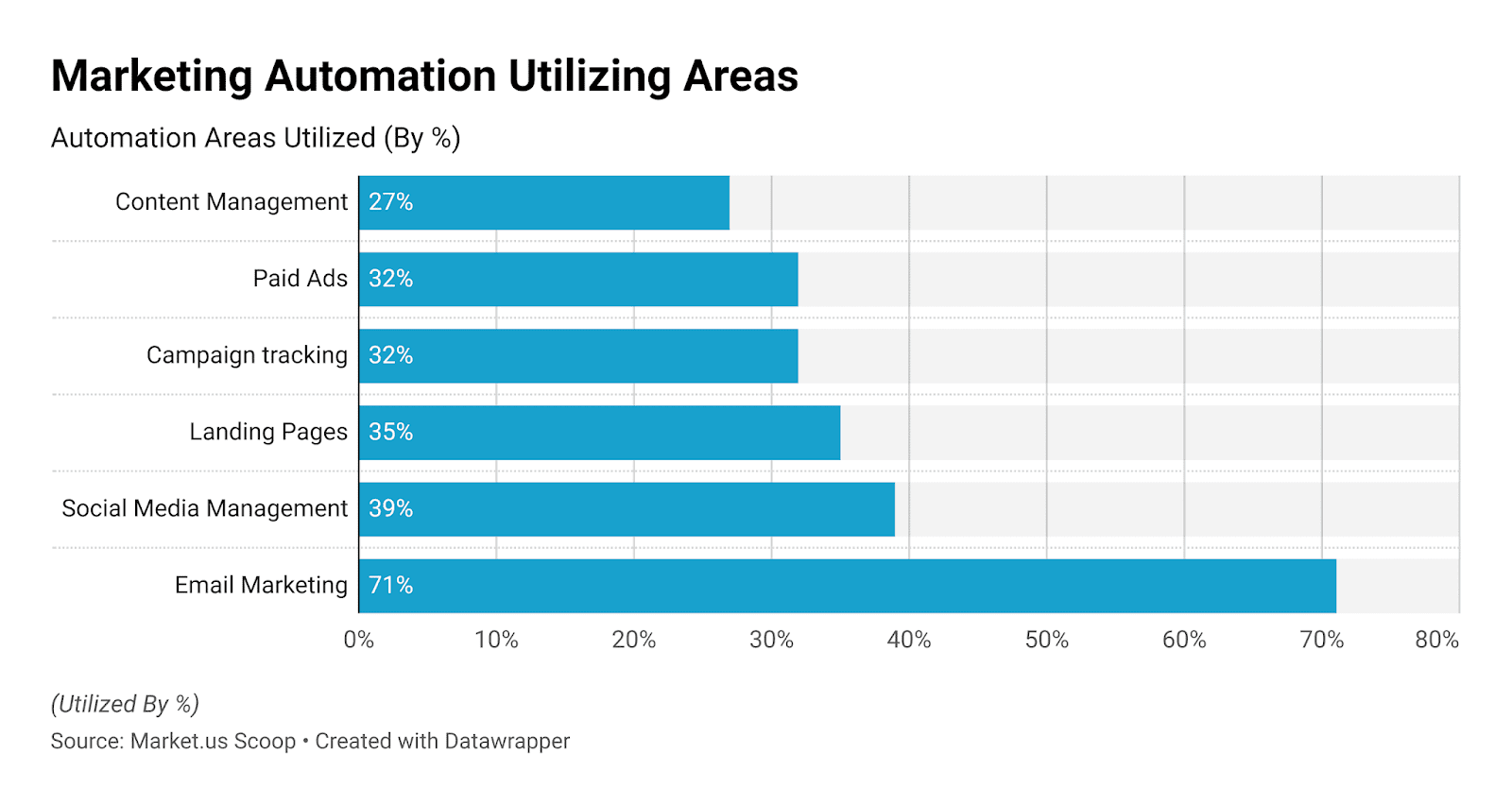
32. Marketing automation helps in lead nurturing, which then makes 47% more purchases than non-nurtured leads.
33. 63% of companies outperform the competition using marketing automation.
Automation on E-commerce Statistics
Automation is a boon to the e-commerce industry as it makes advertising sales and outreach much easier.
Here are some statistics about automated marketing in e-commerce:
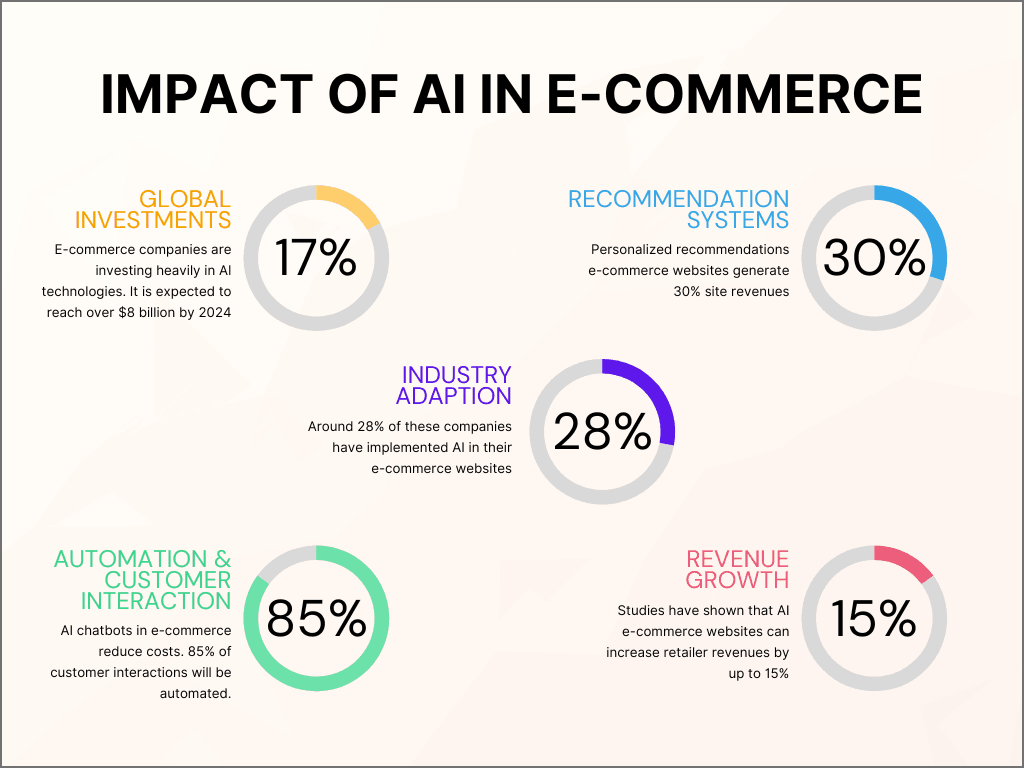
34. 85% of consumer interactions will be automated in the coming years.
35. 29% of marketers are planning on using marketing automation for paid ads.
Automation in Customer Service Statistics
Marketing automation benefits customer service as it can have a very positive effect on the brand. Here are some stats:
36. Around 73% of customers think that AI and automation can improve their experience.
37. A positive experience with AI-automated software can increase consumer satisfaction by 20%.
38. 79% of businesses think that automation is essential in the customer experience journey
39. 28% of customer service executives state that AI tools boost productivity optimization.
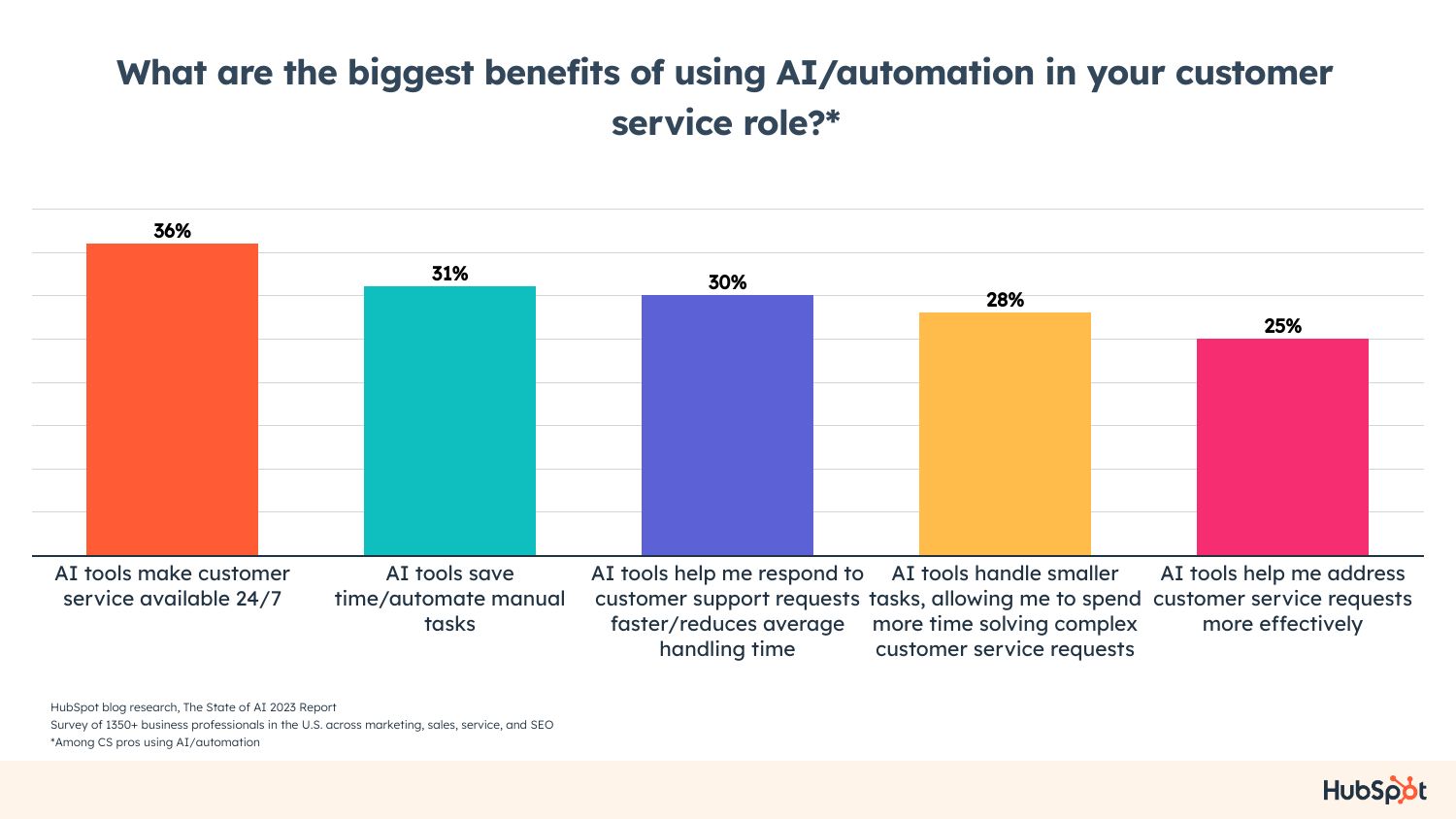
AI in Marketing Automation Statistics
Using AI automation as part of your marketing strategy can result in customer retention and managing marketing costs. Some stats are:
40. By the end of next year, 74% of marketers expect more than a quarter of their tasks to be AI-automated.
41. 32% of marketers around the world use AI in marketing automation for paid ads and personalized emails.
42. 61.4% of marketers use AI in automated marketing.
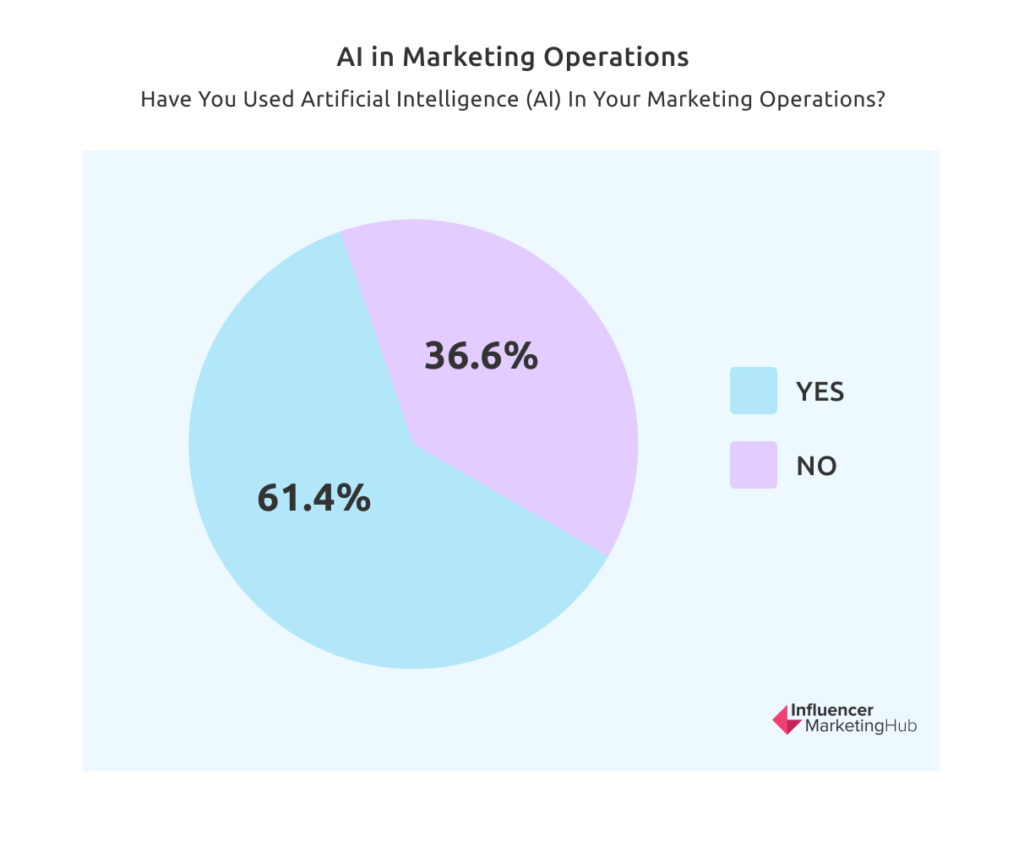
43. Marketing automation increased using AI by 250% in 2023.
Marketing Automation Trends
Marketing objectives are decided by current trends of that particular year. These can also decide the marketing budgets and the kind of marketing campaigns companies put forward.
Some interesting trends in marketing automation are:
Omnichannel Marketing Automation
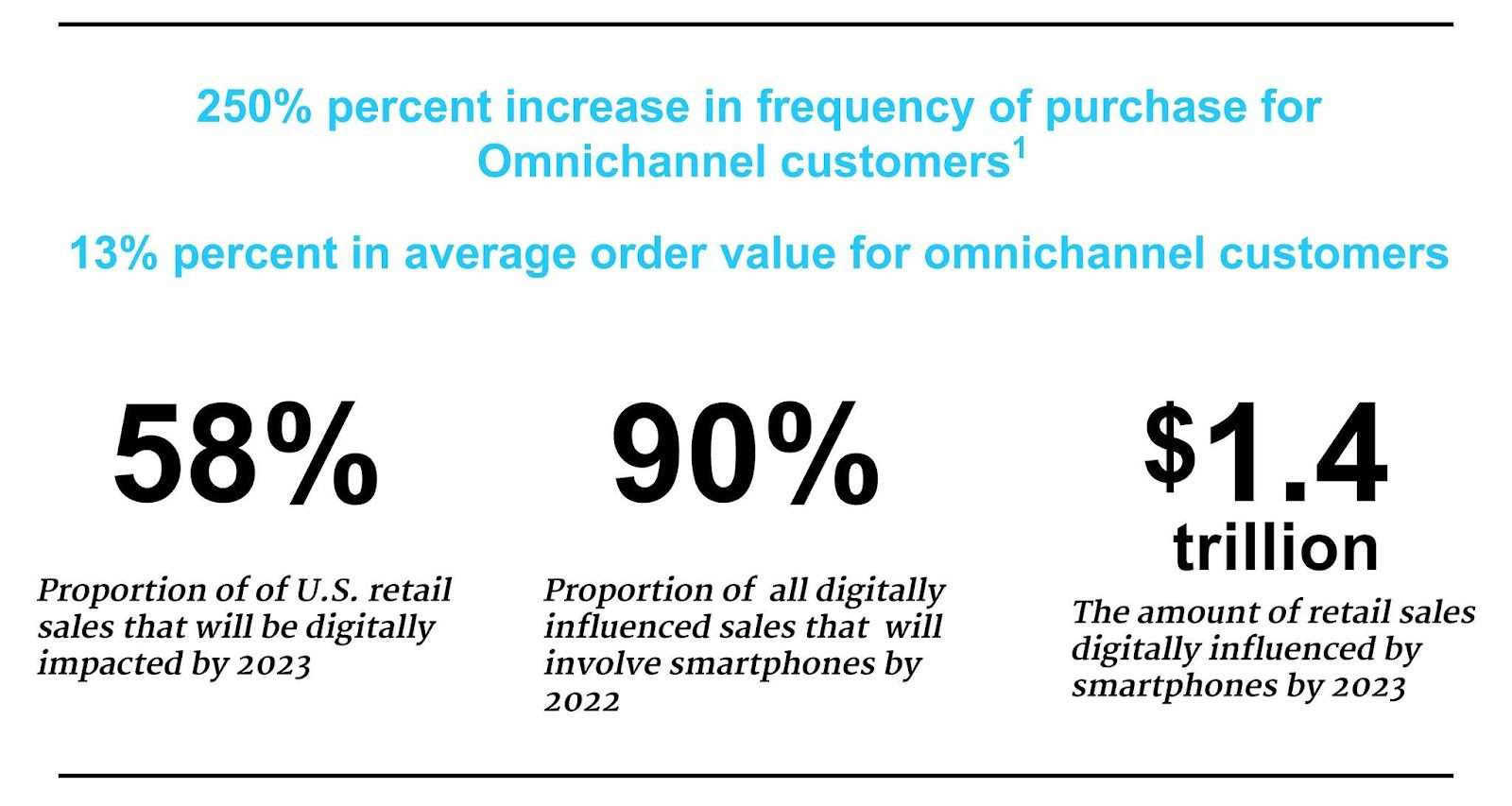
44. Marketing automation users saw a 250% increase in purchase frequency after implementing marketing automation across various channels.
Omni-channel marketing automation ensures a smooth consumer journey across various marketing channels like SMS, social media, websites, etc.
Marketing automation tools are used to manage these platforms and provide key insights into customer behavior, provide personalized content, and optimize company reach.
Artificial Intelligence and Machine Learning
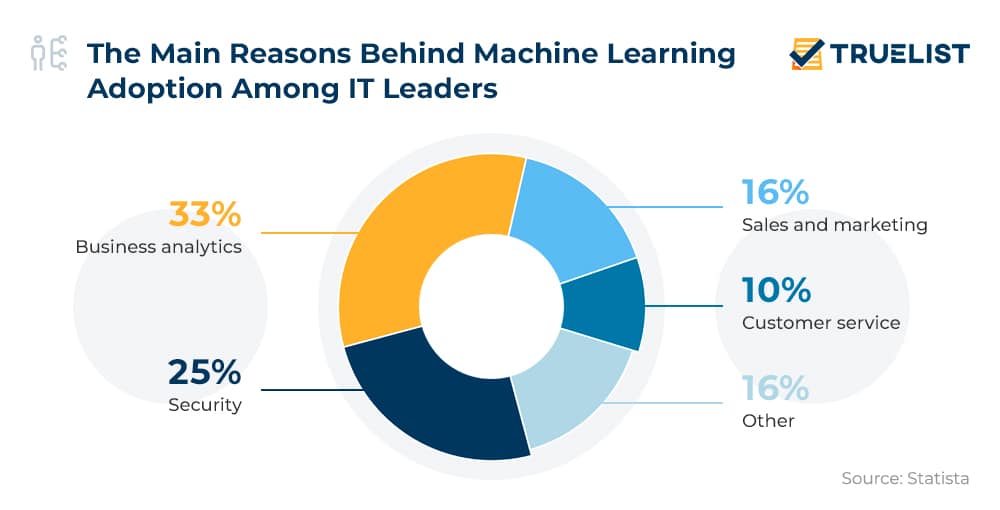
45. 10% of IT leaders adopted marketing automation software for customer services.
Artificial intelligence and machine learning have changed how brands use and process information consumer information and use various marketing processes to increase marketing productivity.
AI and ML are very helpful in running successful marketing automation programs.
They help analyze and understand how buyers interact with marketing content, which leads to product purchases, and may also help predict future trends.
Integration with CRM systems
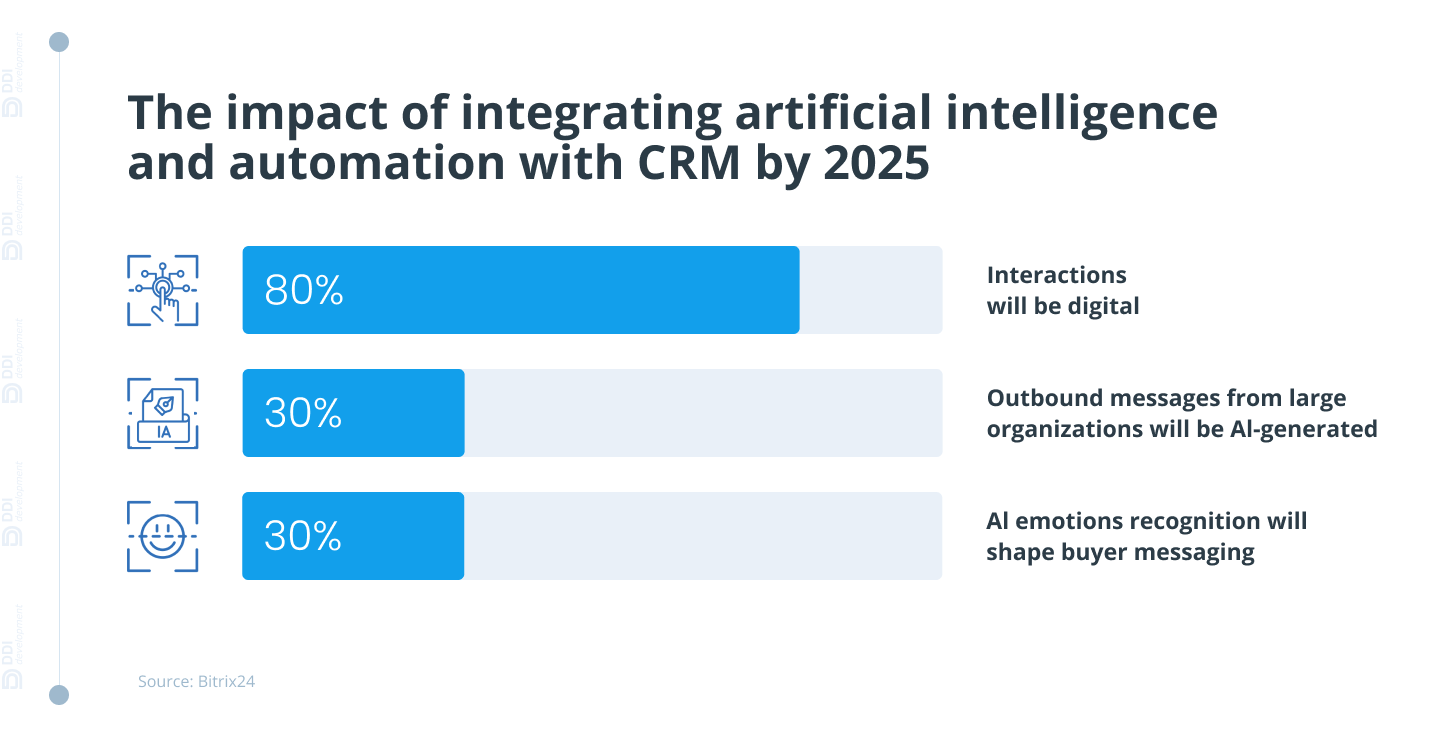
46. 30% of outbound messages from industry leaders will be generated using automation.
Customer Relationship Management is a very important part of business growth. Marketing automation software integration with CRM systems can help marketing and sales efforts.
This can increase data accuracy, sales efficiency, and accurate analysis of leads and consumer data.
Wrap up
Companies use marketing automation across various channels as it streamlines the entire process and reduces marketing efforts.
Marketing Automation usage has soared in recent years as Artificial Intelligence and Machine Learning become more and more sophisticated.
The use of this feature is predicted to explode in the upcoming years as the world moves another step closer to a fully digitized world.
The statistics that are reported above show how important automation processes are in the marketing industry. T
hese can also give us an insight into what direction the marketing automation market will grow in the coming years
Sources
